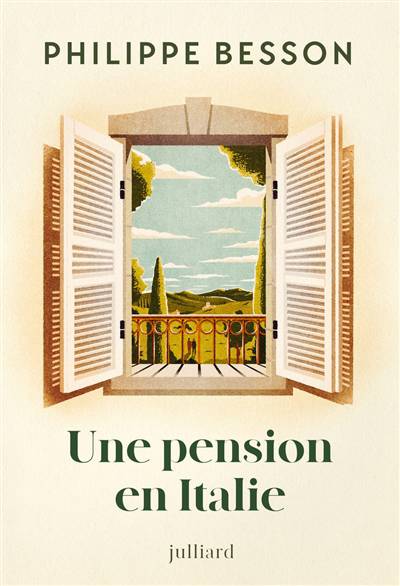
- Retrait en 2 heures
- Assortiment impressionnant
- Paiement sécurisé
- Toujours un magasin près de chez vous
- Retrait gratuit dans votre magasin Club
- 7.000.0000 titres dans notre catalogue
- Payer en toute sécurité
- Toujours un magasin près de chez vous
Description
Areopagitica John Milton - Areopagitica; A speech of Mr. John Milton for the Liberty of Unlicenc'd Printing, to the Parlament of England is a 1644 prose polemic by the English poet, scholar, and polemical author John Milton opposing licensing and censorship. Areopagitica is among history's most influential and impassioned philosophical defences of the principle of a right to freedom of speech and expression. Many of its expressed principles have formed the basis for modern justifications.Conclusion:Milton recognises individual rights, but he is not completely libertarian in Areopagitica as he argues that the status quo ante worked best. According to the previous English law, all books had to have at least a printer's name (and preferably an author's name) inscribed in them. Under that system, Milton argues, if any blasphemous or libellous material is published, those books can still be destroyed after the fact. "Those which otherwise come forth, if they be found mischievous and libellous, the fire and the executioner will be the timeliest and the most effectuall remedy, that mans prevention can use." Milton seeks a means by which to ensure that authors and publishers remain culpable for any "mischievous" or "libellous" work that they produce. Regardless, Milton certainly is not without remorse for the libellous author, nor does he promote unrestricted free speech. In addition, he admits that his tolerance is limited:I mean not tolerated Popery, and open superstition, which as it extirpats all religions and civill supremacies, so it self should be extirpate, provided first that all charitable and compassionate means be used to win and regain the weak and the misled.According to Nicholas McDowell, the second part of the forecited statement is usually left out by those quoting the first part to show that Milton was, at heart, a religious bigot, and that his ideas about free speech and intellectual liberty have little to teach us about liberalism today.
Spécifications
Parties prenantes
- Auteur(s) :
- Editeur:
Contenu
- Nombre de pages :
- 111
- Langue:
- Anglais
Caractéristiques
- EAN:
- 9783986773267
- Date de parution :
- 30-10-21
- Format:
- Ebook
- Protection digitale:
- Digital watermarking
- Format numérique:
- ePub

Seulement chez Librairie Club
+ 3 points sur votre carte client de Librairie Club
Les avis
Nous publions uniquement les avis qui respectent les conditions requises. Consultez nos conditions pour les avis.







